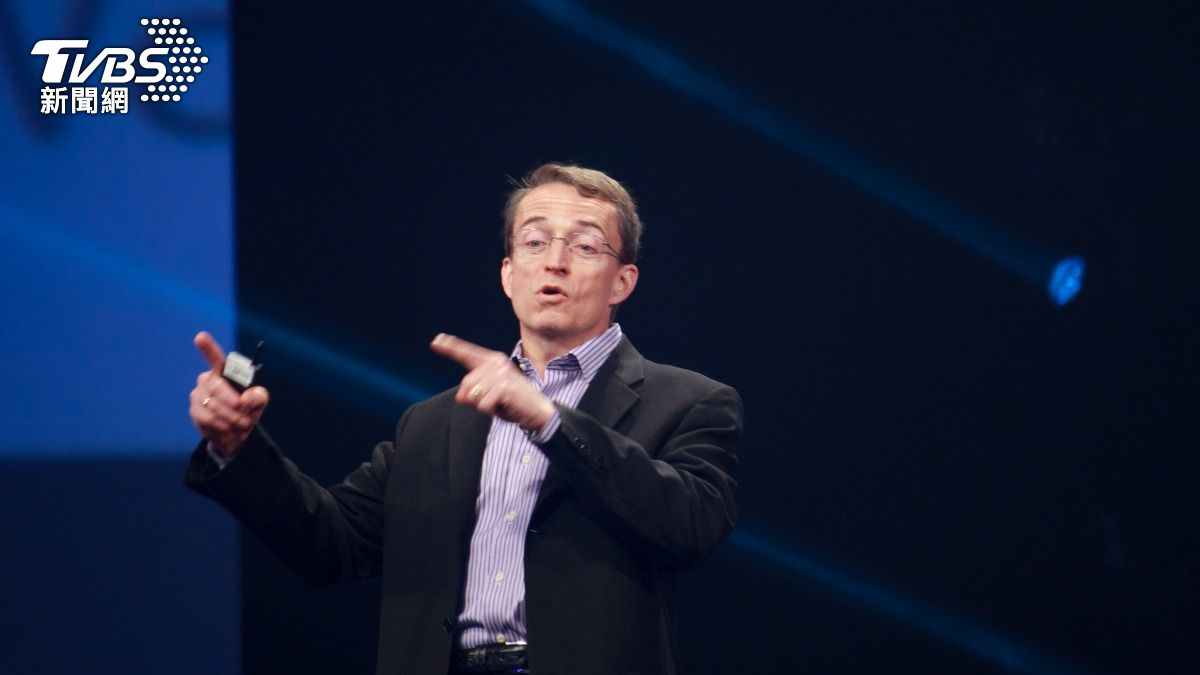TAIPEI (TVBS News) — During his keynote speech at COMPUTEX Taipei on Tuesday (June 4), Intel CEO Pat Gelsinger highlighted the delicate balance required in the U.S. chip ban against China. Gelsinger warned that overly stringent restrictions could force China to accelerate its development of homegrown chips, urging caution to maintain a proper equilibrium.
Navigating the Chip Ban
Gelsinger likened the chip ban to a "magic line" that, if crossed, could compel China to hasten its efforts in creating self-reliant semiconductor technologies. He emphasized the importance of finding an appropriate balance to ensure Intel's actions align with the expectations of global ecosystem partners. Despite the ban, Intel plans to continue exporting suitable products to China. The inability of Chinese firms to access advanced equipment, such as extreme ultraviolet lithography machines (EUV), positions Intel's technology at a competitive advantage in China, especially as processes advance to 2 nanometers and below.
Praising Taiwan's Semiconductor Ecosystem
Gelsinger also lauded Taiwan's significant progress in the semiconductor ecosystem, highlighting the rapid development of chips. He specifically praised Taiwan Semiconductor Manufacturing Company (TSMC) for its assistance in developing the Lunar Lake processor. While respecting Taiwan's ecosystem, Gelsinger noted the global need for a more balanced supply chain. He expressed optimism about the progress of Intel's main manufacturing plants and the positive momentum observed.
Gelsinger's comments underscore the complex interplay between maintaining competitive advantage, adhering to international regulations, and fostering a balanced global supply chain in the semiconductor industry. As tensions and technological advancements continue to evolve, the industry watches closely to see how companies like Intel navigate these challenges.



